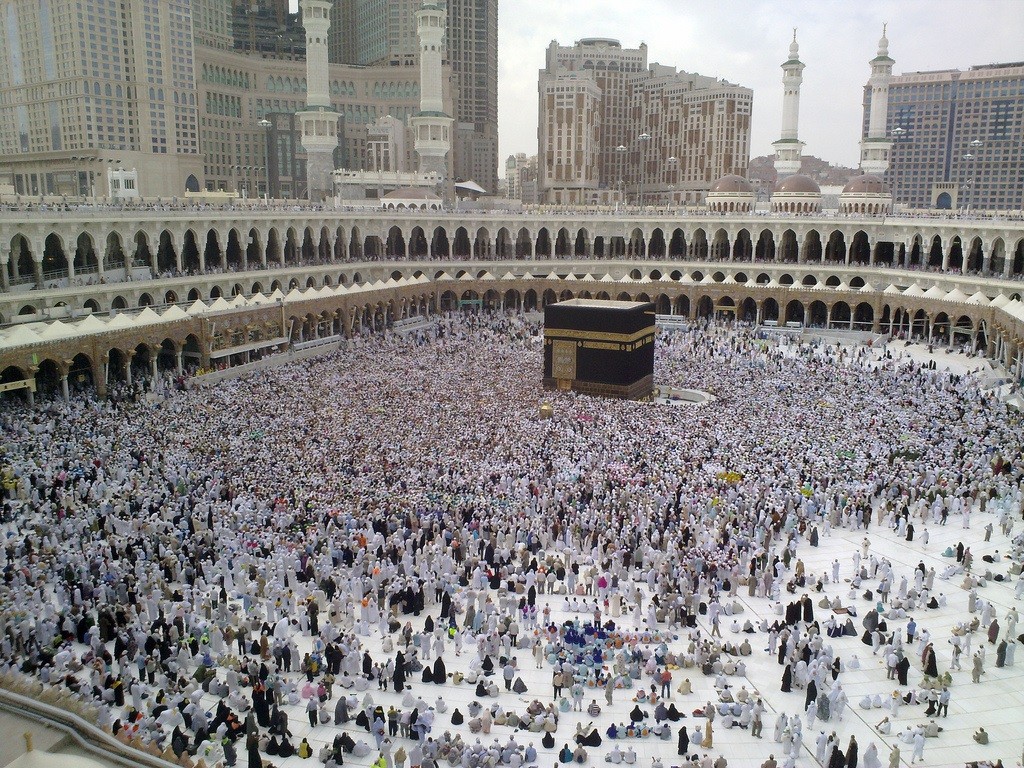Bahrain’s authoritarian regime continued suppressing dissidents and freedoms despite international pressure. The exclusion of the opposition during the 2022 elections has weakened the legitimacy of the government, deepened rifts in society, jeopardized long-term political stability and paved the way for further unrest in the future.
Bahrain’s oil-dependent economy recovered from the COVID-19 crisis as foreign reserves increased, but mounting debt levels and reliance on foreign assistance underscored ongoing fiscal challenges. Bahrain also strengthened ties with Gulf Cooperation Council allies and consolidated the 2020 normalization deal with Israel, advancing regional cooperation.
The regime’s reformist wing, led by King Hamad and Crown Prince Salman bin Hamad Al Khalifa, gained further influence during a cabinet reshuffle and the 2022 Council of Representatives elections. This led to a perceived de-escalation policy towards social unrest and the Shi’i opposition despite recurring anti-government protests. The regime prioritizes to counter its fiscal and economic crisis, with its Economic Vision 2030 focusing on diversification through infrastructure modernization and support for the private sector.

